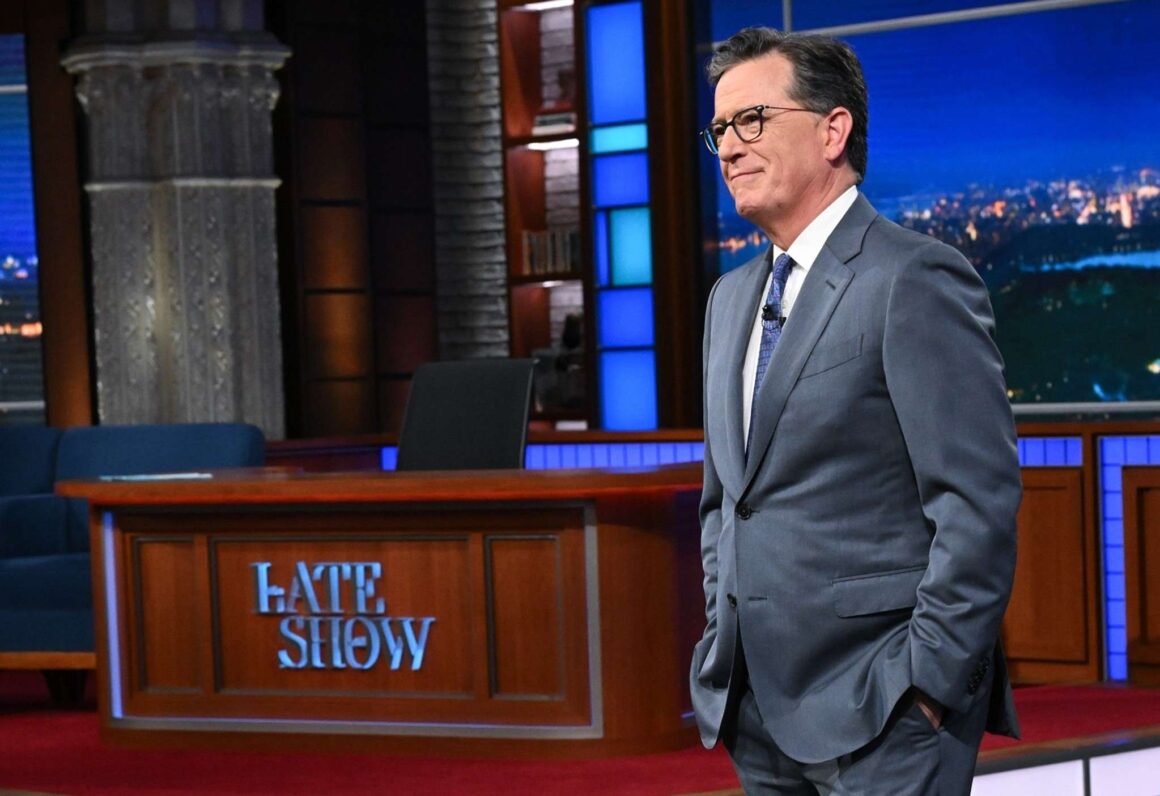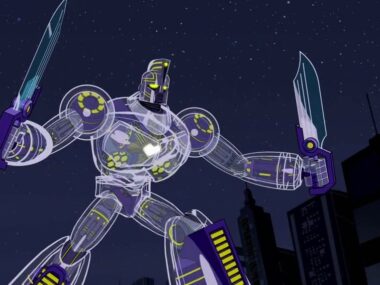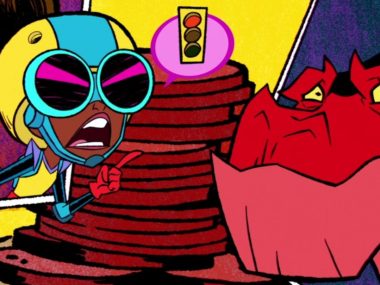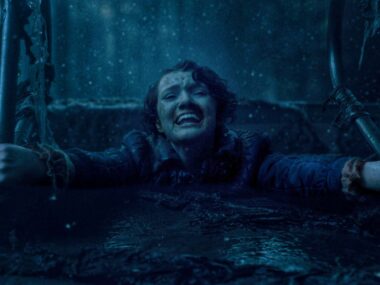It’s official: CBS is pulling the plug on one of television’s most iconic franchises. The Late Show with Stephen Colbert will air its final season in May 2026. There’s no replacement this time, no rotating hosts, it’s just… gone.
Why Did CBS Pull the Plug?
CBS and its parent company Paramount Global insist the decision was strictly financial and “not related in any way to the show’s performance, content or other matters happening at Paramount.”
However, the timing is suspicious. The cancellation was announced days after Paramount paid sixteen million dollars in a settlement to Donald Trump over his 60 minutes lawsuit. This is all happening while Paramount tries to finalize its merger with SkyDance Media, which needs approval from the Federal Communications Commission (FCC).
Stephen Colbert made his opinions on the matter clear. “I believe this kind of complicated financial settlement with a sitting government official has a technical name in legal circles. It’s big fat bribe,” he said in a recent episode.
A Format That Shaped Culture
For decades, late-night television served as a cultural nerve center. It was where presidents got grilled between jokes, where celebrities broke their silence, and where viewers tuned in, not just for the laughs, but to hear something unfiltered. Something sharper that the evening news would dare offer.
Colbert inherited The Late Show from David Letterman and turned it into one of the most-watched late-night programs, particularly in the Trump era when satire was key to survival. His departure marks not just the end of a successful run, but the closure of a broadcast-era institution.
A Warning Shot to the Whole Industry
This isn’t just about Colbert. The shockwaves have already hit the entire genre and if The Late Show can be axed, no show is safe. There are also broader forces at play that endanger late-night TV:
- Fragmented audiences: Viewers are turning to TikTok, YouTube, and streaming more than ever.
- Viral-first culture: Big moments get clipped and shared across the Internet before the full episode airs.
- Rising costs: House bands, writers’ rooms, and four to five-nights-a-week tapings are expensive. Networks want shows that are cheap and easy to produce.
NBC, ABC, and CBS have all reduced episode counts and secondary late-night shows have already been replaced with game shows and filler. It’s a death spiral where less investment leads to lower quality, which results in fewer viewers and more cuts.
Could Colbert Actually Be Freeing Himself?
Ironically, Colbert may benefit most from this shift. Without the grind of nightly broadcast, he’s free to experiment, just like Letterman did on Netflix or Conan did with his podcast empire.
Viewers will still have access to political satire. It just might not come in the form of a desk, a monologue, and a celebrity guest. Those elements seem to only work in a different era.
Now, creators can go directly to fans on platforms without broadcast censors. That’s a scary thought for networks, but a thrilling one for creatives.
So Is Late-Night TV Dying or Evolving?
We’re at a crossroads. Late-night TV is no longer a nightly ritual. It’s become background noise or worse, irrelevant. Only 59% of people under 30 watch any live TV on a given day. The genre’s core audience now skews over 50, and that’s not sustainable in the long term.
The appetite for what late-night offered, topical comedy, cultural criticism, smart satire, is still there. It just needs a new home.
What Might Save Late Night:
- Move to streaming: If these shows shift to platforms like Netflix, YouTube, or Spotify, they could thrive.
- Digital-first formats: Think bite-sized, meme-savvy content that lives on social media.
- Creative reinvention: Hosts could ditch the desk and redefine the genre.
What Might Kill It:
- Ad dollars disappearing: Advertisers just aren’t spending as much money as they used to.
- Network cutbacks: CBS already replaced The Late Late Show with the game show After Midnight.
- Generational disinterest: Younger viewers don’t care about “appointment viewing.”
Unless something changes fast, we’re going to see an entire genre of TV vanish in real time.
The end of The Late Show is a reminder that even the most iconic formats can’t survive if they don’t evolve. It’s also a call for networks, creators, and audiences to ask what late-night TV should be in 2025, not what it used to be in 1995.






